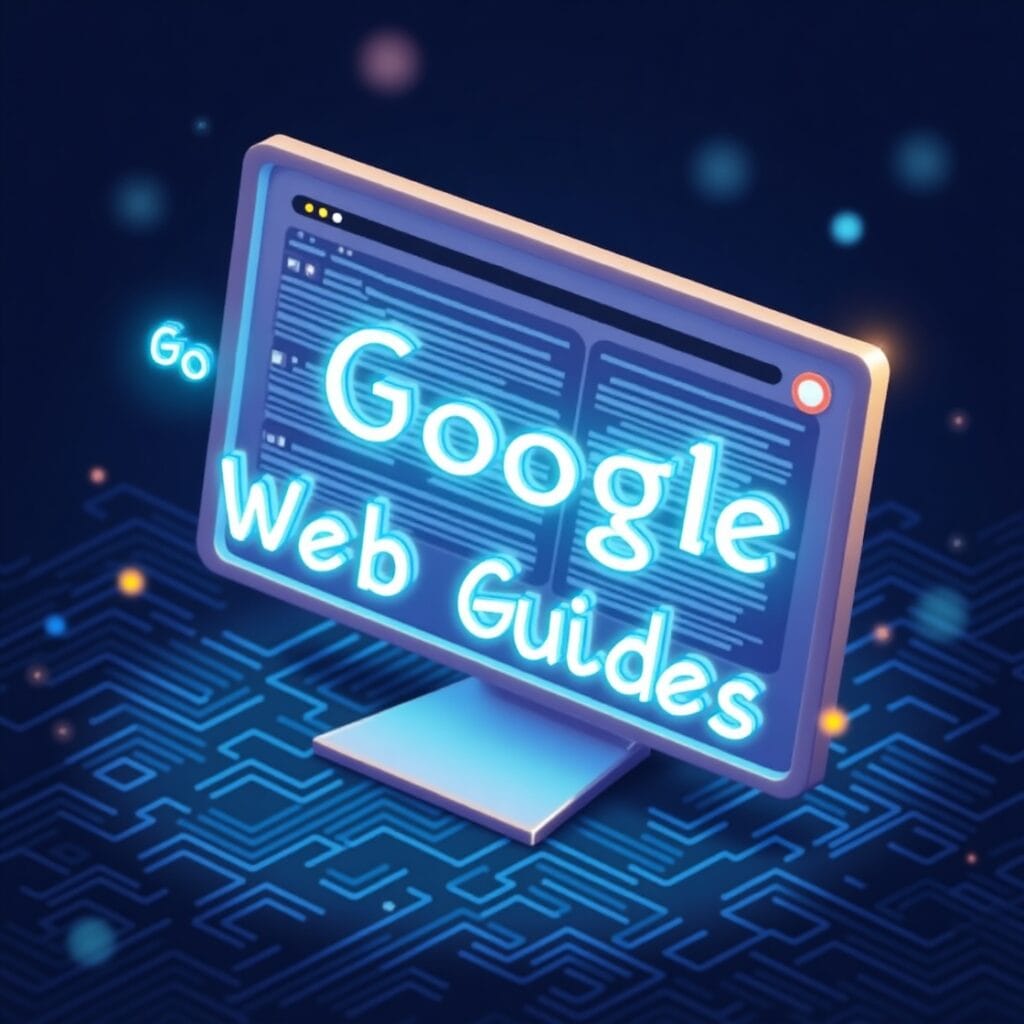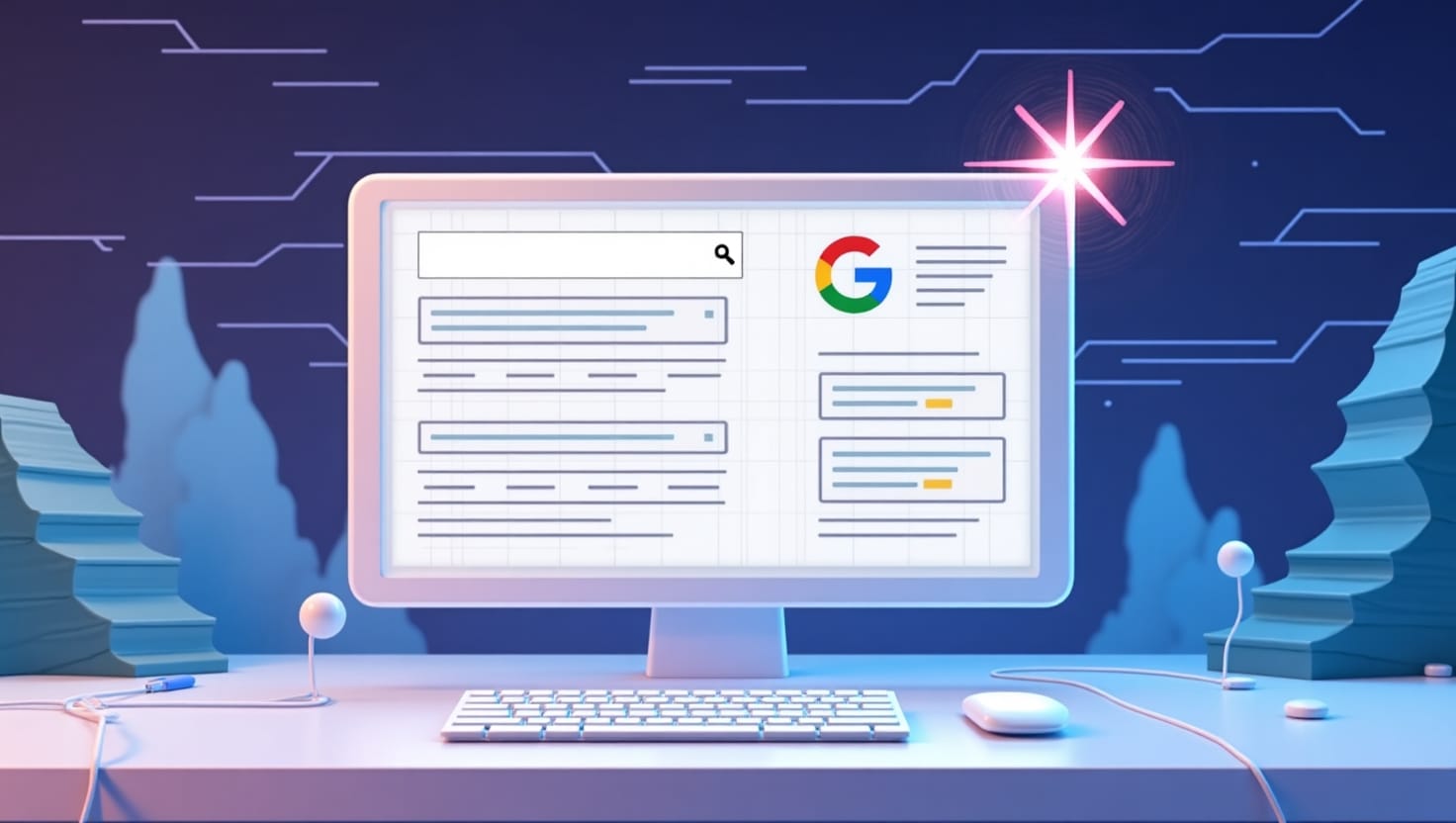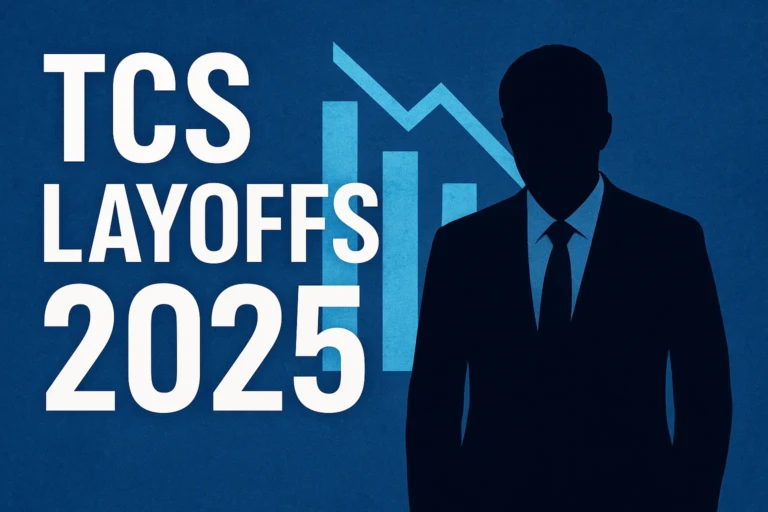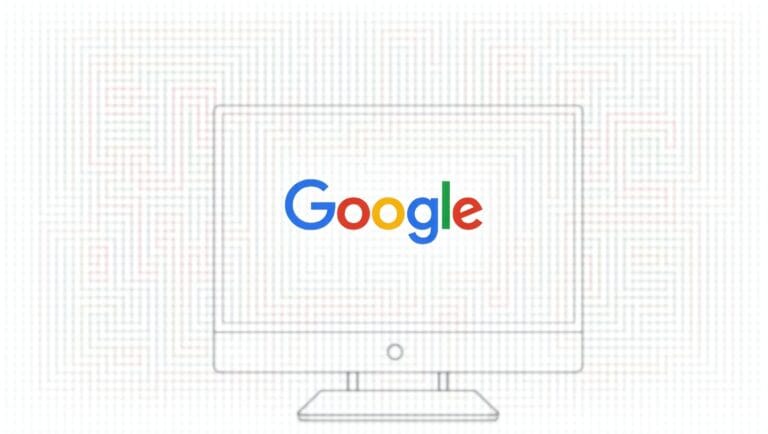.
🌐 Introduction: A New Way to Search
Google just introduced a game-changing feature called “Web Guides”, designed to make your search results smarter, faster, and easier to navigate. This AI-powered enhancement, part of the Search Labs experiments, uses a version of Gemini AI to organize traditional web results into clear, meaningful categories.
Unlike AI Overviews that generate answers, Web Guide keeps the focus on the open web—but curates it intelligently.
🔍 What Is Google Web Guides?
Web Guide is Google’s latest attempt to blend the power of AI with the freedom of the open web. Instead of giving you a long list of blue links, Web Guide breaks down results into thematic sections, each representing a subtopic of your search.
Each category includes:
- A brief AI-generated summary
- Relevant web links
- Sources from across the internet, including blogs, forums, and official sites
It’s like having a table of contents for your search query, making it much easier to explore complex topics.

🧠 How It Works
Here’s what makes Web Guides unique:
1. AI-Driven Query Understanding
When you enter a search term, Google uses Gemini, its large language model, to deeply understand what you’re really looking for—even if your query is complex.
2. Query Fan-Out Method
The AI spins out multiple related subqueries in real-time to explore different dimensions of your main topic.
3. Smart Clustering
Google organizes results into categories like:
- Tips & Tutorials
- Tools & Resources
- Personal Experiences
- Expert Reviews
- Step-by-Step Guides
Each of these has a summary and relevant links grouped together, reducing the need to rephrase your query again and again.
📌 Where and How to Use Web Guide
Currently, Web Guide is available through Google Search Labs.
Steps to try it out:
- Visit https://labs.google.com/search
- Opt-in to the “Web Guides” experiment
- Perform any search and switch to the “Web” tab
Google says it may roll out Web Guide to the main “All” tab based on feedback.
🧪 Real-World Example
Let’s say you search:
“How to solo travel in Japan safely”
With traditional search, you’d get:
- A mix of blogs, news articles, and Reddit links
With Web Guide, you’d see categories like:
- 🧭 Safety Tips
- 🏨 Best Regions to Stay
- 🍜 Local Food Guides
- 📱 Travel Apps to Download
- 💬 Reddit Discussions from Travelers
Each section gives you a curated peek and multiple links—all in one scroll.
✅ Benefits of Web Guides
| Feature | Benefit |
|---|---|
| AI-Organized Clusters | Better discovery without endless scrolling |
| Keeps Link-Based Format | Supports content creators and publishers |
| Ideal for Broad Queries | Great for learning new or complex topics |
| Optional Summaries | Get quick overviews, or just click the links |
Unlike AI Overviews, which summarize and sometimes replace web results, Web Guide still points you directly to creators’ content—just in a smarter, more structured way.
⚠️ Challenges & Limitations
⚡ Performance Lag
Running multiple AI subqueries at once can slightly slow down search response time.
📉 Publisher Click-Through Concerns
Even though links remain central, there’s concern that users may rely too heavily on summaries.
🧪 Experimental Only (For Now)
It’s currently limited to users opted into Search Labs, so it may take time to reach everyone.
🧭 Web Guide vs AI Overviews vs Classic Search
| Feature | Classic Search | AI Overviews | Web Guide |
|---|---|---|---|
| Layout | List of links | Direct AI answers | Categorized clusters |
| AI Involvement | None | Full answer generation | Summarization & grouping |
| Clickable Links | ✅ | Sometimes ✅ | ✅✅✅ |
| Transparency | High | Medium | High |
| Ideal Use | Direct questions | Quick answers | Exploring complex topics |
🧠 Why It Matters
With rising competition from AI-driven tools like ChatGPT and Perplexity, Google needs to innovate while preserving the open web. Web Guide strikes that balance.
It keeps:
- The web open
- Search results transparent
- And user intent at the center
Whether you’re planning a trip, researching a purchase, or exploring a new idea, Web Guide makes it easier to navigate complex information.
🔮 What’s Next?
Google hinted that Web Guide could soon appear in the main “All” search tab, bringing this enhanced structure to a broader audience. The company is closely watching user feedback before rolling it out at scale.
Expect future updates like:
- Custom topic suggestions
- More granular filters
- Support for local/regional queries
🚀 Final Thoughts
The Web Guide experiment shows that Google isn’t just keeping up with the AI race—it’s rethinking how we search.
If you’re someone who likes to learn deeply, research broadly, or explore freely, Web Guide is a powerful new way to interact with the web—without losing what made Google great in the first place.
👉 Try it now via Search Labs and experience the next evolution of web search.







